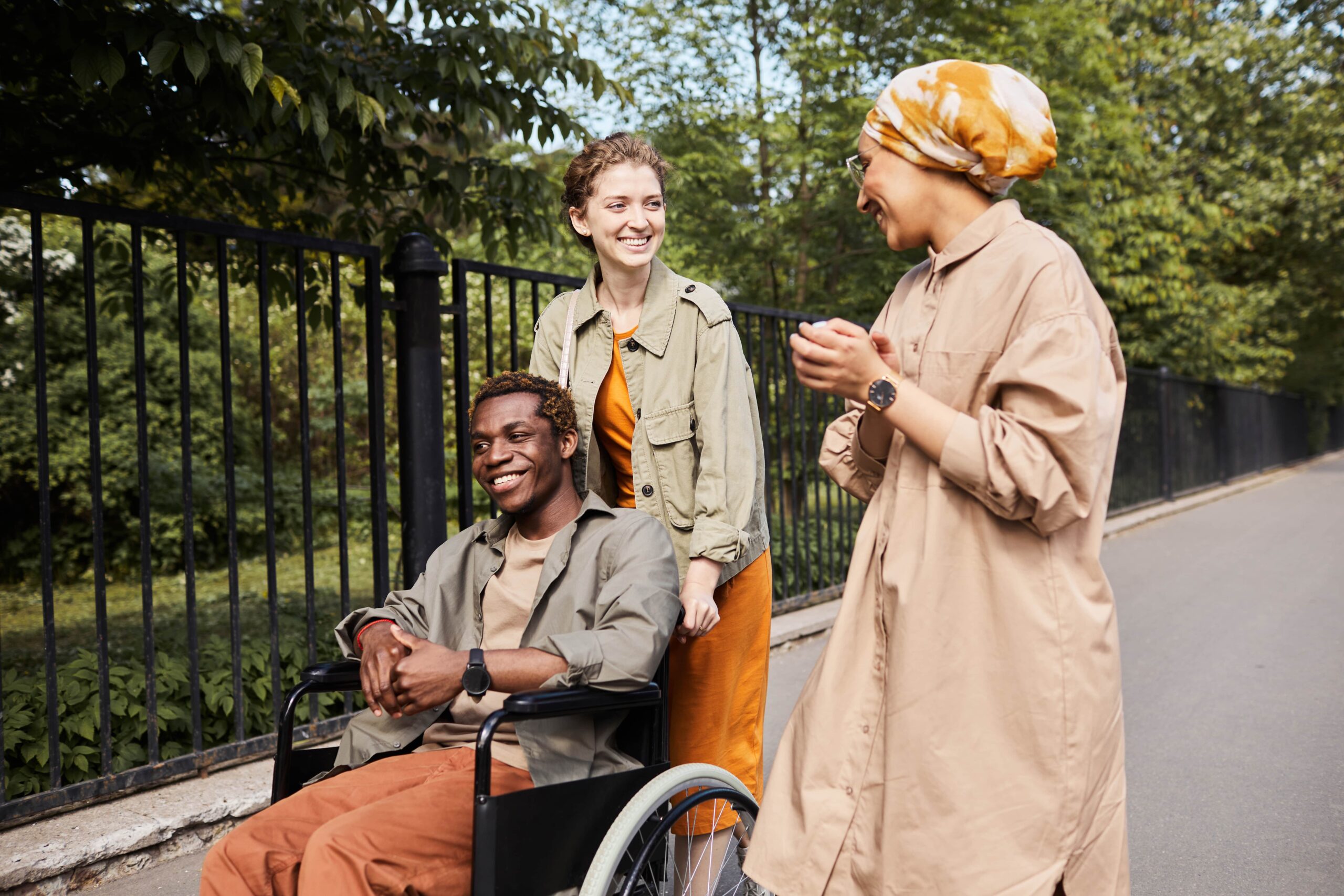Fostering Social Diversity: How Visitor Attractions Are Creating Inclusive Experiences
September 4, 2023
Visitor attractions play a vital role in shaping our cultural encounters and enhancing our wellbeing. They hold the capability to unite people from diverse backgrounds, creating an arena for collective moments and lasting memories.
Regrettably, specific demographics have been marginalised, shedding light on deep-rooted social and cultural injustices.
However, there’s a growing recognition for the significance of inclusivity. Attractions are acknowledging past flaws and actively working on social diversity. By welcoming a wider range of visitors, these attractions aim to rectify social and cultural imbalances, and bring diverse communities together.
This blog explores how visitor attractions are actively working to improve the social diversity of their visitors and highlights successful examples from around the UK.
The Importance of Social Diversity in Visitor Attractions
Creating inclusive visitor attractions in the UK is not only a matter of ethical responsibility, but also makes good business sense. When attractions are accessible and welcoming to a wide range of demographics, they can attract a larger and more varied audience, leading to increased revenue and cultural enrichment for all. Moreover, nurturing diversity allows people to learn from one another, encouraging empathy and understanding.
Examples of Inclusive Visitor Attractions
Let’s look at some visitor attractions in the UK who are embracing diversity. These represent just a handful of the remarkable attractions from around the UK, demonstrating impressive efforts as we move forward toward a more inclusive society!
Birmingham Botanical Gardens:
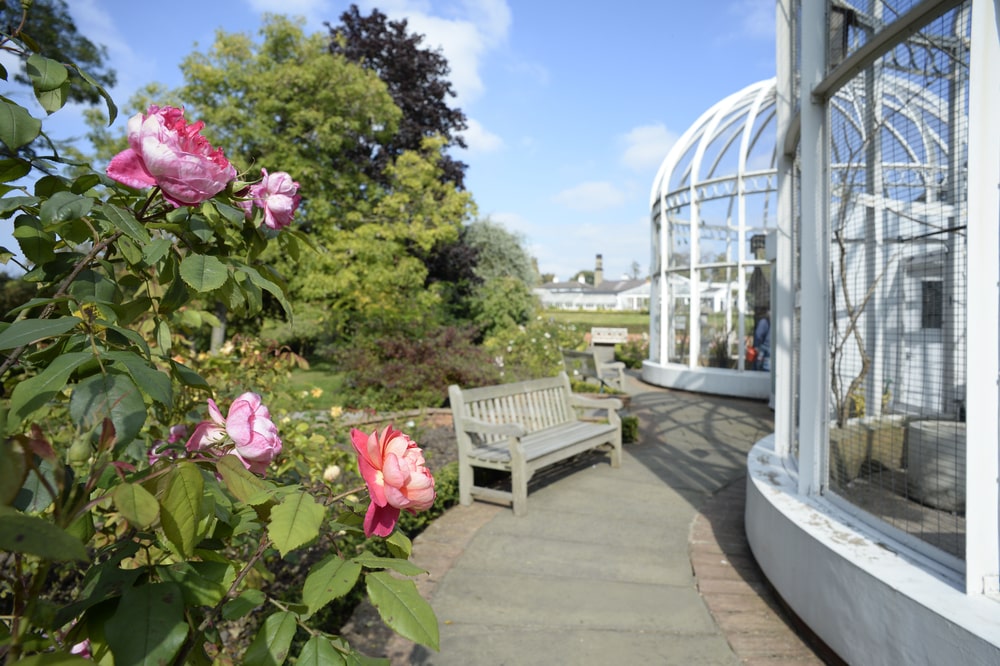
Birmingham Botanical Gardens stand as a prime example of an attraction that has embraced the cultural diversity of the city. When I’ve walked through the glasshouses, sensory gardens, and expansive 18th-century pathways (enhanced where possible for better accessibility), there is a strong sense of cultural inclusivity.
Having visited the gardens and met with the team on a few occasions, it’s evident from the moment you arrive; education is key. The presence of discreet educational spaces adds to the overall experience, thoughtfully customised to accommodate different levels of understanding.
Diversity is further illustrated through collaboration with local schools and community groups, ensuring visitors from all walks of life can appreciate everything the gardens have to offer. A hub of unity and inclusivity, the Birmingham Botanical Gardens underscore the power of embracing diversity, to create a harmonious and enriching environment.
Shibden Hall (Calderdale Council):
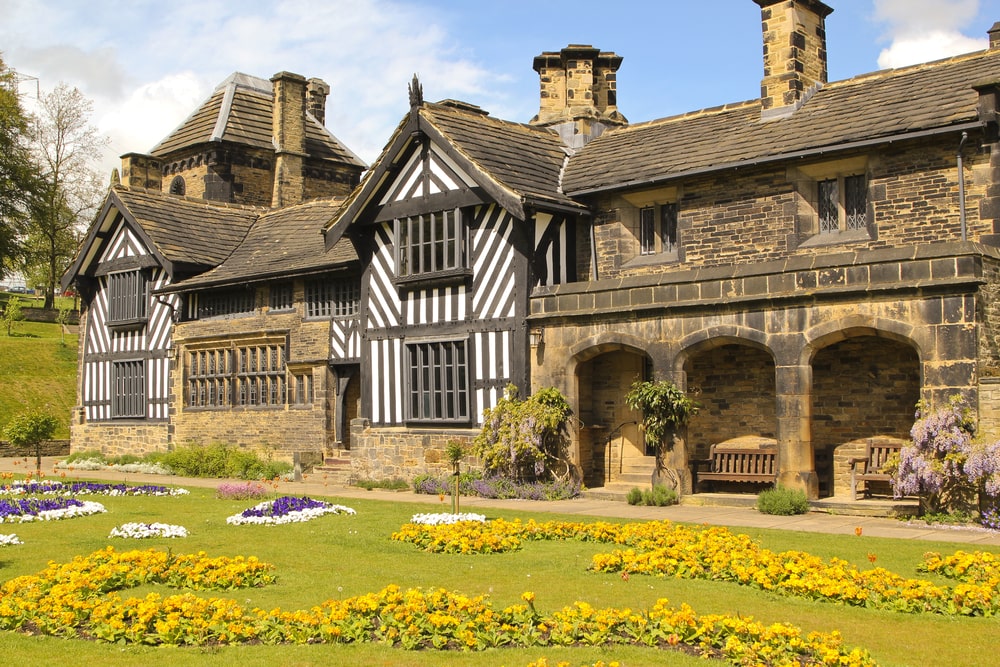

Located in West Yorkshire, Shibden Hall has gained acclaim for its efforts to promote social diversity. Once the residence of 19th-century diarist Anne Lister, whose life inspired the HBO series “Gentleman Jack,” the historic hall hosted a significant portion of the show’s filming.
Calderdale Council’s Cabinet Member for Public Services and Communities, Susan Press, noted, “it has secured our place on the map as a major cultural, LGBTQ and heritage destination, not only boosting the local economy, but also having a profound, personal impact on the lives of many people across the globe.”
By embracing and celebrating its LGBTQ+ history and heritage, the attraction has experienced a surge in both interest and visitors over recent years. This approach has not only attracted a diverse audience, but also introduced an open dialogue about underrepresented histories.
Walker Art Gallery:
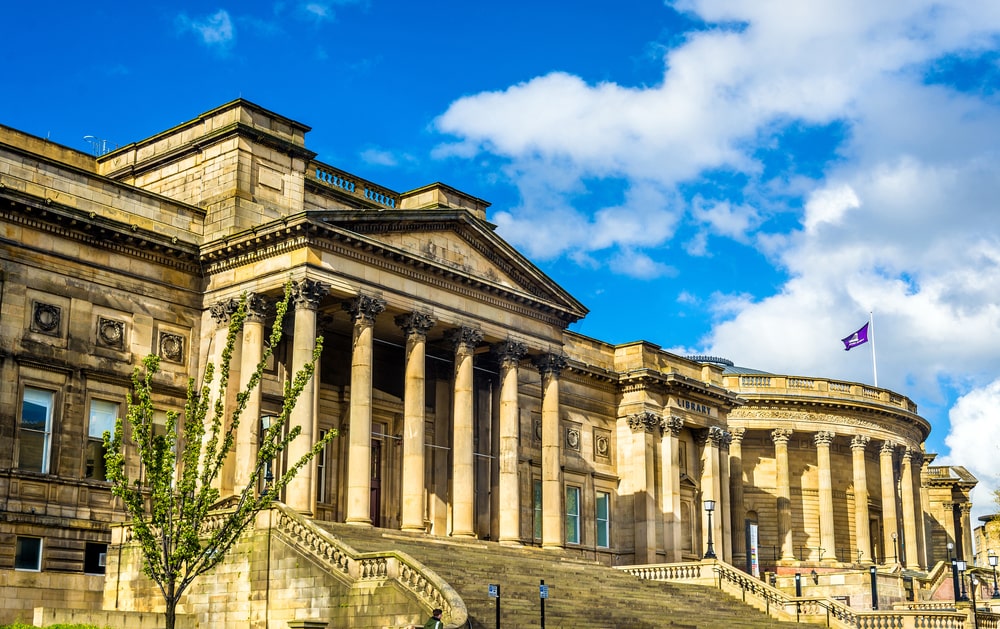

As part of National Museums Liverpool, The Walker Art Gallery has taken proactive steps to foster inclusivity. Responding to Black Lives Matter commitments, the organisation is reassessing artifacts to focus on cultural origins, not just collectors’ views.
So far, around 50 pieces tied to slavery and empire have been identified through gallery reviews. A quote from Assistant Curator, Alex Patterson, highlights the initiative’s impact in involving diverse perspectives, “The project has provided an opportunity to gain hands-on experience of working with collections, reviewing research and producing interpretation, and importantly bring new voices into the Walker’s displays”.
The collaboration with local youth and Birkbeck College underscores the commitment to decolonisation and community engagement, setting an example for cultural institutions to broaden their outreach.
Woodside Wildlife Park:
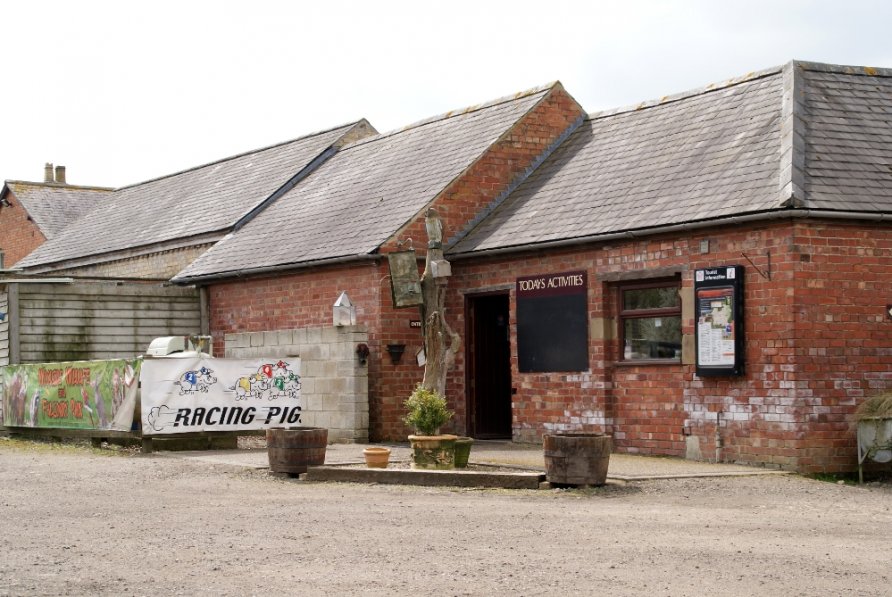

Woodside Wildlife Park stands as a beacon of accessibility, striving for an enjoyable experience for all. Their commitment is evident through a dedicated and comprehensive accessibility page on their website.
Full details can be found on this page regarding their discounted rates for visitors with disabilities – a welcoming gesture towards inclusivity. The Park goes above and beyond by providing designated parking and assistance for disabled visitors, coupled with a wheelchair-friendly environment that encourages effortless exploration.
Woodside extends its hospitality to assistance dogs and emotional support animals, inviting them into specific areas such as the car park, courtyard, toilets, and tearoom. Additionally, Woodside Wildlife Park acknowledges the needs of visitors with autism, offering valuable guidance on planning and strategies to avoid busier periods.
This wide-ranging approach underlines the Wildlife Park’s commitment to creating an inviting, diverse, and accommodating environment for all.
England’s Inclusive Tourism Action Group
I can’t wrap things up without mentioning England’s Inclusive Tourism Action Group, which has played a pivotal role in accelerating inclusivity at visitor attractions.
This collaborative initiative involves government bodies, tourism organisations, and industry stakeholders working together to ensure that the tourism sector is accessible and welcoming to all. The group provides guidance, resources, and best practices for attractions to enhance their inclusivity efforts. For further reading on this, check out VisitBritain’s link with some top tips.
Strategies for Visitor Attractions to Enhance Social Diversity
Based on my research and collaboration with visitor attractions, particularly gardens and heritage sites, I’ve noted some approaches that I feel could heighten awareness of social diversity within these venues.
• Cultural Representation: Develop exhibits, displays, and events that celebrate the diversity of cultures within the community. Consider partnerships with local cultural groups to ensure authentic representation.
• Accessibility: Create spaces that cater to individuals with disabilities, ensuring that the attraction is physically and programmatically accessible to all.
• Inclusive Programming: Design workshops, performances, and activities that address the interests of various age groups, ethnicities, and backgrounds.
• Community Partnerships: Collaborate with local schools, organisations, and community groups to grow relationships and co-create programs that resonate with different segments of society.
• Cultivate Welcoming Atmospheres: Train staff to be culturally sensitive and inclusive, ensuring that all visitors feel valued and respected.
• Affordability and Accessibility: Offer flexible pricing options, memberships, or free days to ensure that financial constraints do not prevent people from visiting.
There is still work to be done
Visitor attractions have the potential to transcend cultural, social, and economic boundaries, uniting people in a shared appreciation for art, nature, history, and more. The attractions mentioned above exemplify the many incredible accessible visitor attractions in the UK, showcasing that by actively embracing inclusivity, attractions are not only diversify their audiences, but also enriching the experiences of all who visit.
As we move forward, initiatives like England’s Inclusive Tourism Action Group will continue to provide a framework for attractions to create environments that celebrate diversity and ensure that everyone feels welcome.
By fostering social diversity in the space of visitor attractions, we contribute to a more inclusive and harmonious society where no matter our background, we can come together to learn, connect, and create lasting memories.
About the author
Lewis has over 7 years’ worth of experience in business development across the hospitality/technology sector. With his experience in the field and with interpersonal skills helps him understand diversity and accessibility from the point of view of visitor attractions and customers.


About Vennersys
Vennersys are the developers behind the VenposCloud visitor management system, an innovative ticketing and EPoS attraction software designed to streamline administrative processes, increase revenue, and improve the customer experience by utilising features such as data collection and reporting tools.
We’re more than just a theme park ticket software – get in touch today to find out more! Call the office on 01908 735 274 or email contact@vennersys.com to get started.

